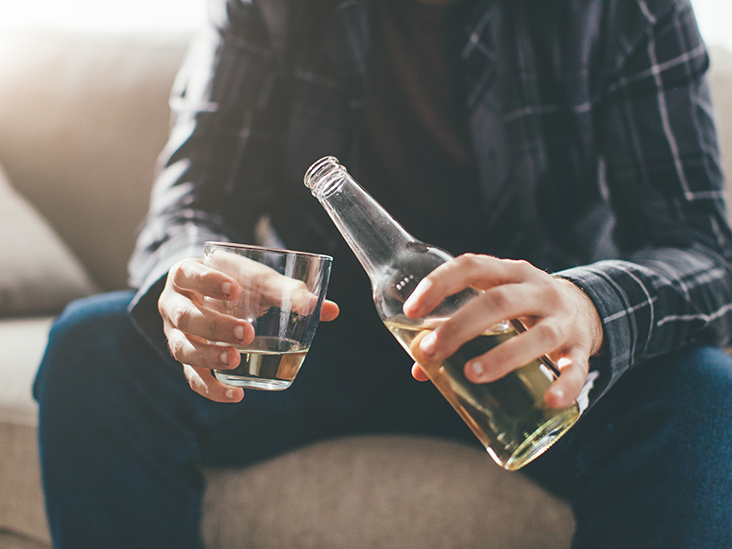It’s no secret that many people like to drink and have fun with friends, but if you or someone you know begins to rely on alcohol as a coping mechanism, or experiences physical withdrawal symptoms when they go without it, then you may be dealing with Alcohol Use Disorder (AUD). AUD manifests itself in many ways and can lead to serious health issues, which is why it’s important to recognise the warning signs of this dangerous condition before it becomes too late. Here are 8 warning signs that alcohol abuse may be turning into Alcohol Use Disorder which can then lead to alcohol rehab.
Excessive drinking habits
Consuming more than 4 drinks per day for men and 3 drinks per day for women over a 14-day period is considered excessive. This is also commonly referred to as binge drinking, which can often lead to drinking larger amounts of alcohol in shorter periods of time. And while occasional binge drinking may not be problematic, continuing to engage in these habits regularly could indicate a serious problem.
Alcohol gets in the way of daily responsibilities
Drinking can be a problem when it becomes a habit that gets in the way of daily responsibilities, such as work, school, family and friendships. A person who drinks heavily may be less productive at work or school and struggle to care for their children. If you or someone you know has noticed they often drink alone and want to do everything possible to avoid interacting with other people while drinking, it’s time to consider if alcohol use disorder is an issue.
A change in how often one drinks
Those who are prone to abusing alcohol may start drinking more often and may even begin to rely on it for certain activities. For example, you may have a daily drink in order to relax after work, or have a few drinks before socialising. Oftentimes, excessive drinkers will be unable to control their consumption and feel uncomfortable when they aren’t drinking. In other words, those who are struggling with alcohol use disorder often find themselves turning to alcohol as a coping mechanism for stress in their lives.
Mood swings after drinking
Alcohol is a depressant, which means it slows down your central nervous system and decreases activity in your brain. But alcohol also activates certain pathways and receptors in your brain, altering your mood and emotions. When you’re sober, these pathways become deactivated again; however, alcohol can leave them active for hours to days after drinking—even if you were totally fine before you started sipping.
Craving alcohol while not drinking
Because of changes in your brain chemistry caused by alcohol use disorder, you may begin to crave alcohol even when you’re not drinking. This urge can occur hours after your last drink and continue until you consume more alcohol. If you find yourself experiencing these urges, stop for a moment and think about why you feel like drinking. What are some healthier ways to cope? Take time to relax and distract yourself from those thoughts. To learn more about controlling these urges, talk to your healthcare provider.
Drinking alone
Even though it’s not technically a sign of alcohol use disorder, drinking alone is an important indicator that your drinking may be becoming problematic. If you’re turning to booze as a way to feel better about yourself or your day, you may have a problem on your hands. Drinking doesn’t address any underlying issues and only makes them worse in time. If you notice yourself using alcohol to cope, seek help before it becomes too much to handle.
Difficulty cutting down on how much they drink
People who struggle with alcohol use disorder might have trouble limiting how much they drink. If you find yourself unable to stop after one drink, you might be struggling with drinking problems. It is important to seek help at rehab north wales if you are unable to regulate your alcohol consumption.
Strong urge to drink when stressed
Many people turn to alcohol when they’re stressed and worried. In fact, feeling anxious is one of the most common reasons many individuals use alcohol in a way that is detrimental to their health. However, if you regularly feel an urge to drink just to calm your nerves and help you deal with anxiety and stress, there’s a good chance that your drinking habits have gotten out of control.


